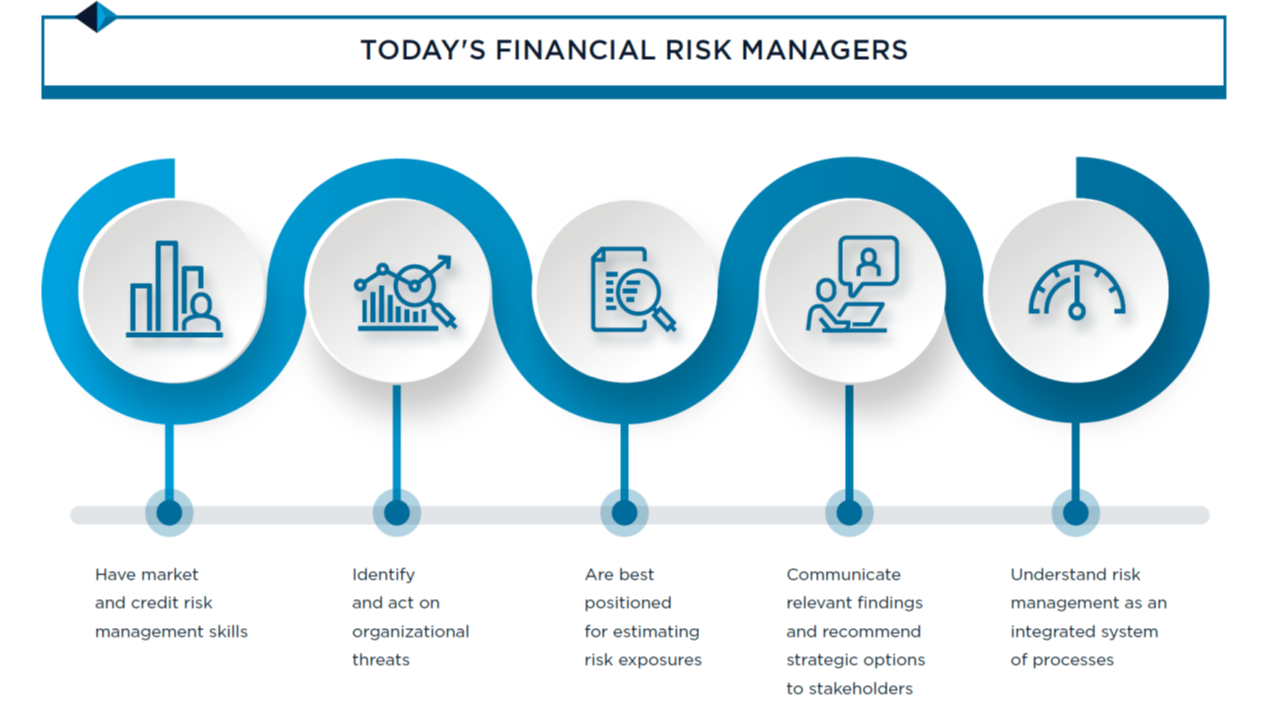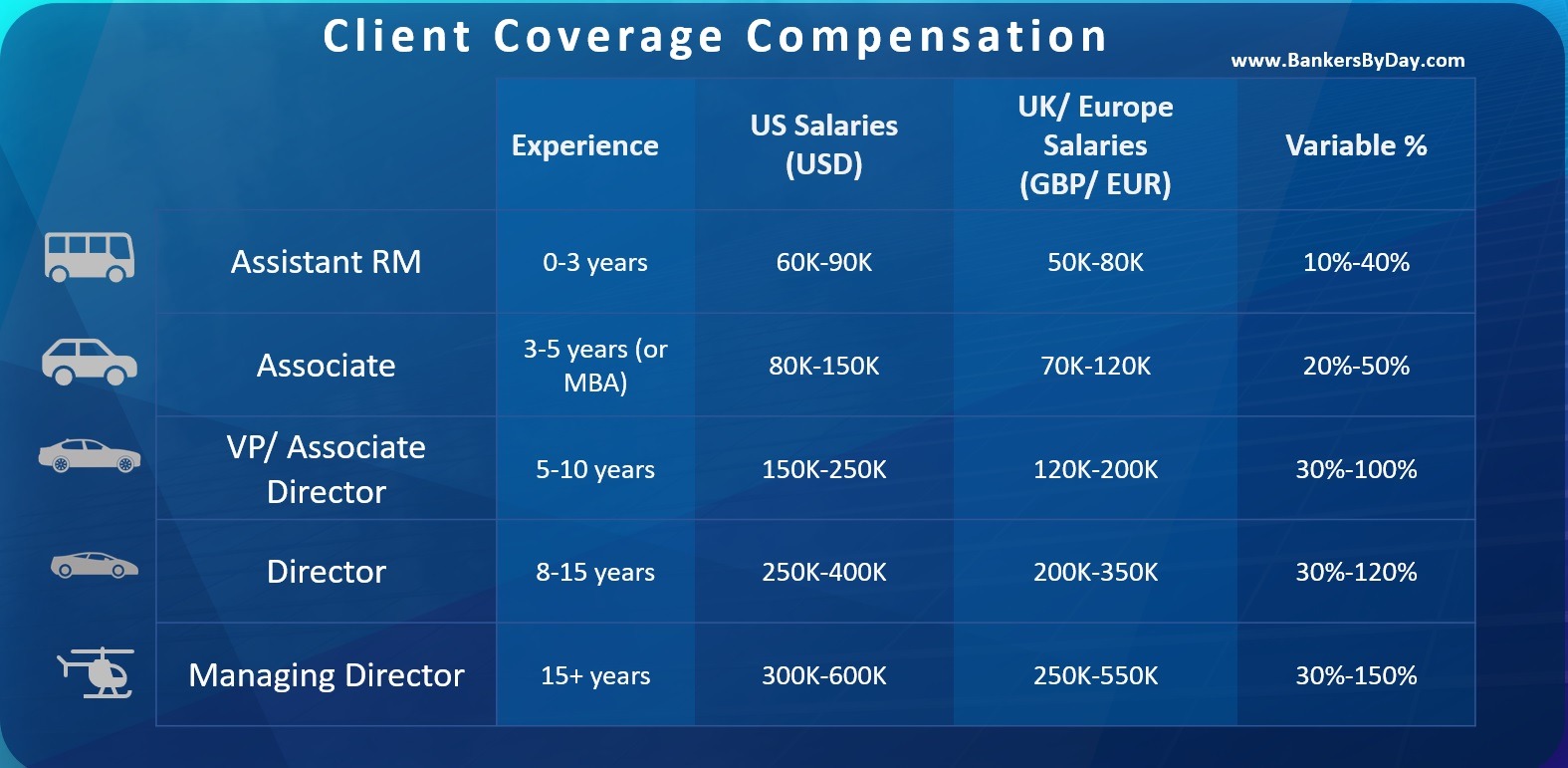The assignee has a lien on the vehicle and can reclaim if you do not pay. Co-signer A co-signer is a personsuch as a parent, close relative, or friendwho promises to repay the loan if you do not. This can be an advantage both to you and your loan provider. A co-signer takes complete duty to repay the loan. Having a co-signer on your loan provides your loan provider extra guarantee that the loan will be repaid. If you do not repay your loan, your co-signer will be accountable for repayment even if the co-signer never ever drove your car. If you have actually been asked to co-sign a loan, you should think about how it will impact your financial resources. In some states, the law permits the financial institution to reclaim your automobile without litigating. For additional information, consisting of definitions of typical terms used when financing or renting a cars and truck, check out "Understanding Vehicle Financing," collectively prepared by the American Financial Services Association Education Structure, the National Car Dealers Association, and the FTC. To order print copies of "Comprehending Vehicle Funding," call the AFSA Education Foundation: (888) 400-7577.
A finance charge is an expense troubled a consumer for acquiring credit. Financing charges consist of interest on financial obligation balances and any additional costs enforced by the credit-issuing entity. Listed below, you'll discover typical examples of finance charges that consumers face, and some tips for reducing the impact of these fees. A financing charge is any expense a customer encounters in the procedure of obtaining credit and paying back debt. Finance charges generally included any form of credit, whether it's a charge card, an organization loan, or a mortgage. Any amount you pay beyond the quantity you borrowed is a financing charge.

One of the perks of having a charge card is that you can obtain money without needing to settle your balance in full monthly. However, taking your time to repay your financial obligation comes at a rate. Your company will charge interest on any balance not settled by the end of the month. That interest expense is a financing charge. If you miss a minimum payment deadline that falls outside of a grace duration for your charge card, you might be charged a late payment charge, which is another example of a financing charge. Financing financial obligation is big organization in the U.S.
3 trillion. That's a 1. 1% boost since the fourth quarter of 2019, when household debt was already 26. 8% higher than it was in 2013. Most of that debt (if not all of it) will wesley nolan come with financing charges such as interest charges and loan processing costs. Financing The original source charges are calculated each billing cycle based upon the current prime rate. Since July 15, 2020, the Wall Street Journal computed the prime rate to be 3. 25%. This rate fluctuates in response to market conditions and Federal Reserve policy, so your potential financing charge could differ regular monthly (What is a note in finance). If you have a fixed-rate loan, the financing charge is less likely to differ, though it might still change based upon elements such as your payment history and timeliness.
The Ultimate Guide To Which Of The Following Approaches Is Most Suitable For Auditing The Finance And Investment Cycle?
Credit card companies might calculate financing charges using your day-to-day balance, approximately your everyday balance, the balance at the beginning or end of the month, or your balance after payments have been applied. Your charge card contract might also consist of a minimum finance charge that's used anytime your balance is subject to a cost. For example, your charge card terms might include a $1 minimum financing charge, so if a billing cycle's charges are $0. 65, that'll be assembled to $1. You can reduce the quantity of interest you pay by decreasing your balance, asking for a lower interest rate, or moving your balance to a credit card with a lower rates of interest.
Financing charges can be noted in a number of places on your monthly charge card billing statement. On the very first page of your billing declaration, you'll see an account summary listing your balance, payments, credits, purchases, and any interest charges. In the breakout of transactions made on your account throughout the billing cycle, you'll see a line product for your finance charge and the date the financing charge was assessed. In a separate area that breaks down your interest charges, you'll see a list of your finance charges by the type of balances you're carrying. For example, if you have a purchase balance and a transfer balance, you'll see information of the financing charges for each.
For home mortgages, month-to-month payments are separated into primary and interest payments, in addition to extra expenses like real estate tax. In this case, the "principal" part of payments would not certify as a financing chargeit just approaches lowering your financial obligation balance. The interest payments, on the other hand, are a financing charge. Making your minimum charge card payment is typically enough to cover your financing charge plus a small portion of the balance. Nevertheless, if you're only paying the minimum payment, your balance will not reduce by that muchit takes the bulk of a regular monthly payment just to cover interest charges. Given that your balance isn't decreasing substantially, you'll face another interest charge during the next billing cycle.

For those with considerable debt, the minimum payment may not cover the month's financing charge. In this case, paying the minimum will lead to a bigger balance. Reducing timeshare relief consultants financial obligation will require payments beyond the minimum. A financing charge is a cost troubled a customer who acquires credit. Finance charges include interest charges, late fees, loan processing fees, or any other expense that surpasses paying back the amount obtained. For numerous types of credit, the finance charge changes as market conditions and prime rates alter.